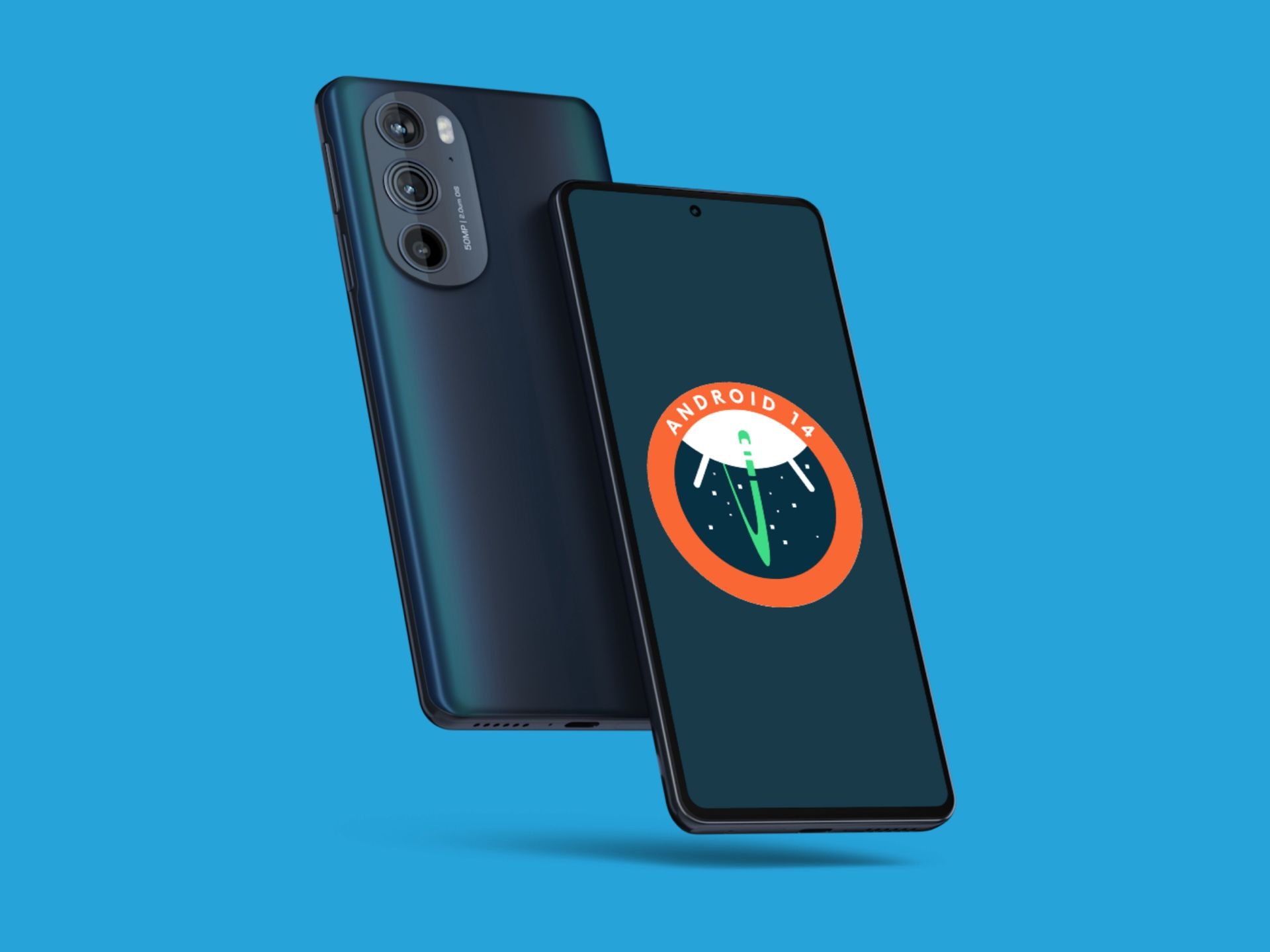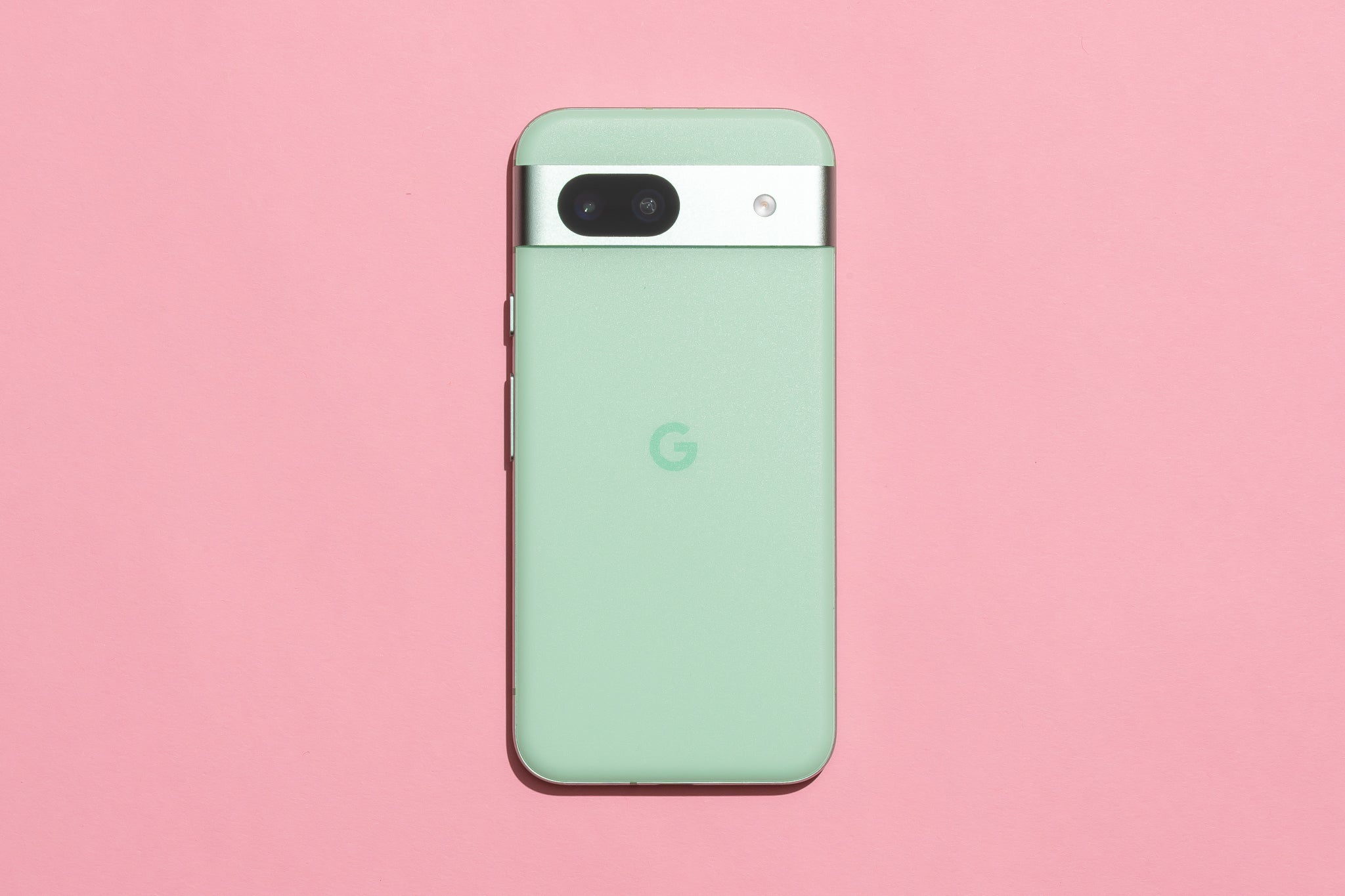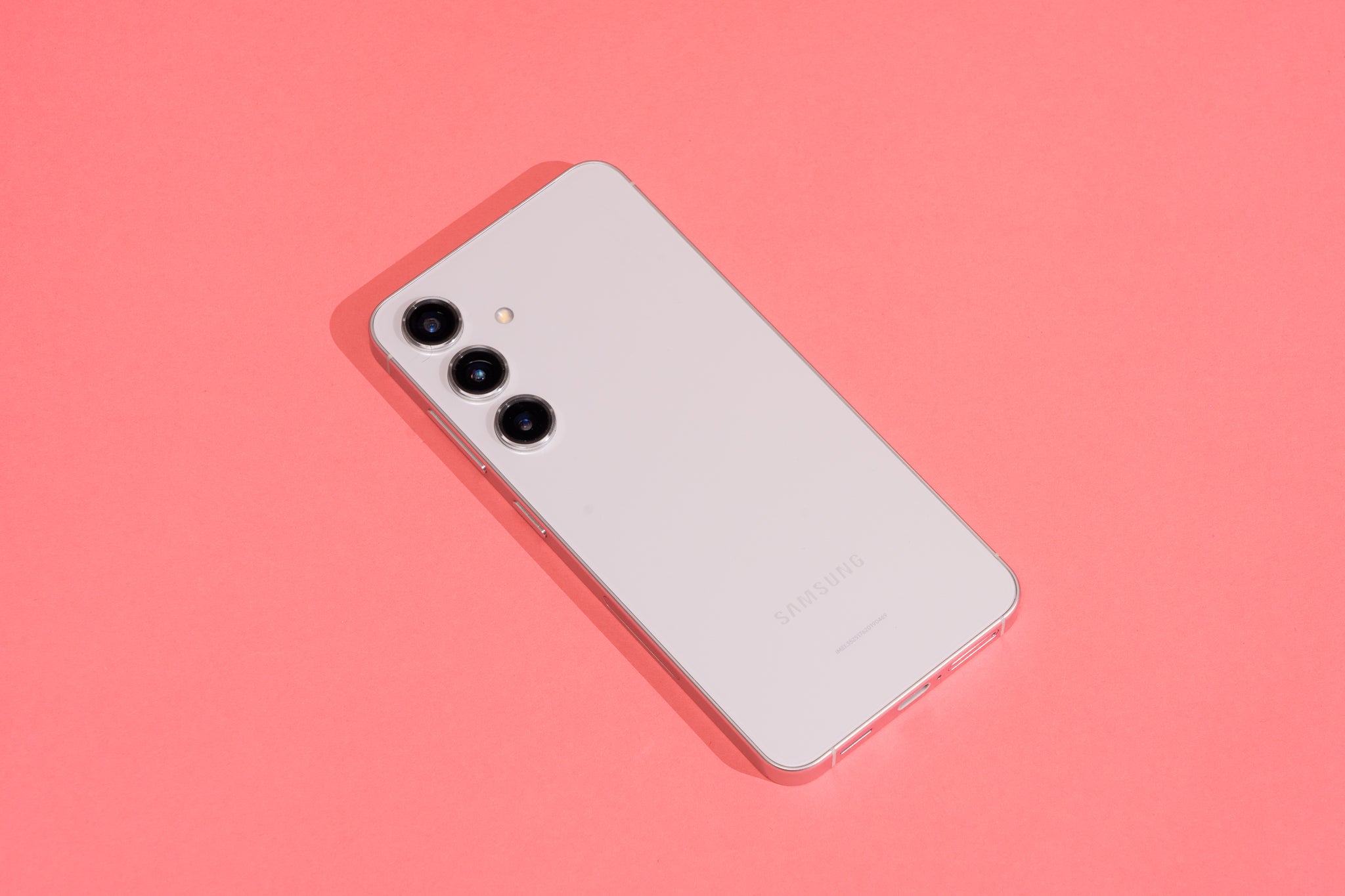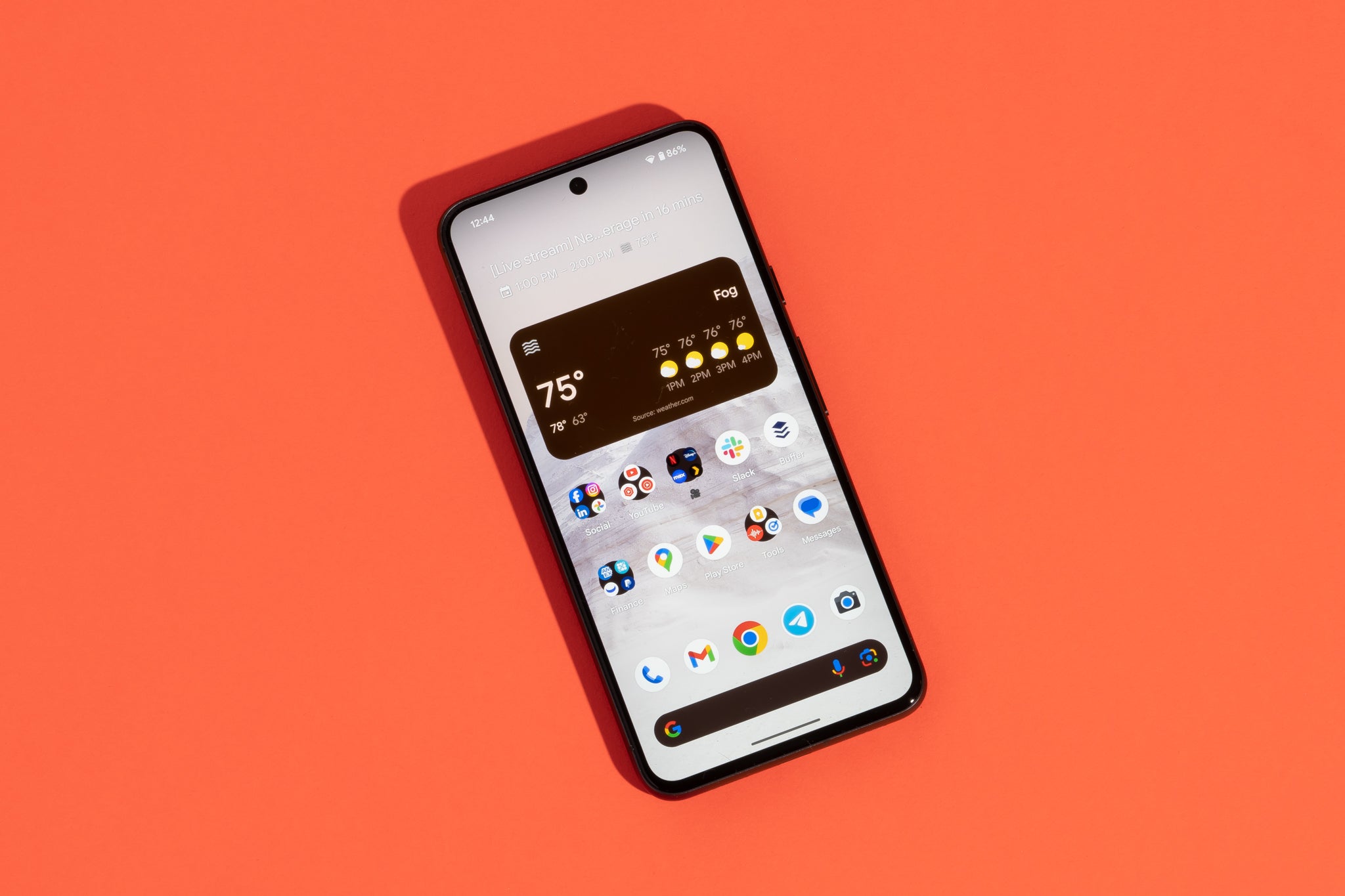Speed Up Your Android: Solutions for Slow & Freezing Phones
In today’s fast-paced digital age, a sluggish Android device can be a significant hindrance to productivity and enjoyment. As smartphones age or accumulate clutter, they often exhibit symptoms such as slow app launches, freezing screens, and laggy performance. Fortunately, there are numerous effective strategies to rejuvenate your device and restore its smooth performance. This comprehensive guide delves into actionable steps, from basic maintenance to more advanced optimizations, empowering you to breathe new life into your Android phone.
Understanding the Causes of Slowdown
Before diving into solutions, it’s crucial to understand the common culprits behind a slowing Android device. Factors such as outdated software, excessive background apps, low storage space, and even malware can contribute to reduced performance. Identifying these issues forms the foundation of any effective troubleshooting strategy.

Update Your System and Apps Regularly
Staying up-to-date with the latest version of Android and your installed apps is a fundamental step to maintaining optimal performance. Software updates often include bug fixes, performance enhancements, and security patches that can significantly speed up your device. Navigate to your phone’s settings, check for system updates, and ensure auto-updates are enabled for your apps to keep everything current effortlessly.
Manage Your Storage Wisely
A lack of free storage space can lead to noticeable slowdowns as your phone struggles to manage its resources. Regularly review and remove unnecessary files, large media, and cached data. Utilize built-in storage management tools or third-party apps to identify and delete redundant files. Moreover, consider offloading some content to cloud services or an external SD card to free up internal memory.
Close Unnecessary Background Apps
While Android is designed to manage running apps efficiently, too many background processes can still hog system resources. Use the built-in Recent Apps button to view and close apps you’re no longer using. Alternatively, consider installing an app manager that allows for more granular control over running services, helping to conserve RAM and boost performance.

Disable or Uninstall Unused Apps
Every app installed on your phone occupies storage space and may run background processes, even if you rarely use them. Go through your app list periodically and uninstall those that you haven’t used in months. For pre-installed apps that can’t be uninstalled, disabling them can also help to free up resources and streamline your device’s operation.
Optimize Your Home Screen and Widgets
Live wallpapers and resource-intensive widgets can put unnecessary strain on your device’s processor and battery. Switching to a static wallpaper and minimizing widget usage can lead to noticeable improvements in performance and battery life. Opt for simple, efficient alternatives that add functionality without compromising speed.
Adjust Animation Scales
Android offers customization options for window, transition, and animator scales, which control the smoothness and speed of screen animations. Reducing these settings can make your phone feel snappier, as transitions occur more quickly. Access Developer Options in your phone’s settings (by tapping the build number seven times in About Phone), then adjust the animation scales to 0.5x or turn them off completely.

Clean Up Your Cache
Over time, apps accumulate cache data, which can grow quite large and impact performance. While Android manages cache automatically to some extent, manually clearing it can provide a quick performance boost. Head to Storage in Settings, then choose “Cached Data” and confirm when prompted. Be aware that this might log you out of some apps temporarily.
Use a High-Speed MicroSD Card for Storage Expansion
If your device supports expandable storage, investing in a high-quality, high-speed microSD card can enhance performance, especially when it comes to loading media and large files. Ensure the card is compatible with your phone and formatted correctly to maximize data transfer rates.
Tweak Battery-Saving Features
Battery-saving modes can inadvertently limit performance by throttling CPU speed and reducing background data usage. While useful for extending battery life, turning these features off when performance matters more can provide a boost. Customize these settings based on your daily needs, balancing battery longevity with speed.

Consider a Factory Reset as a Last Resort
When all else fails, a factory reset can restore your Android to its original, pristine state, potentially resolving persistent performance issues. However, this is a drastic measure that wipes all personal data, so thorough backup is essential. Only embark on this path after exhausting other options and be prepared to reinstall apps and settings post-reset.
Monitor for Malware and Use Trusted Apps
Malicious software can stealthily slow down your device or worse. Install a reputable antivirus app and perform regular scans to detect and eliminate threats. Additionally, practice safe downloading habits by sticking to the Google Play Store and verifying app permissions before installation.
Take Advantage of Performance-Boosting Apps
Several apps on the market are specifically designed to optimize Android performance. These utilities can automate tasks like cleaning cache, managing startup apps, and optimizing battery usage. Research thoroughly and choose a well-reviewed app that aligns with your needs, being cautious of apps that overpromise or request unnecessary permissions.
Keep Your Device Cool
Excessive heat can severely degrade your phone’s performance and even cause long-term damage. Avoid leaving your device in direct sunlight or using it while charging, both of which can increase temperatures. If your phone frequently overheats, consider investing in a cooling case or taking frequent breaks during intensive use.

Maximizing RAM Efficiency: Close Unused Apps Regularly
RAM (Random Access Memory) is crucial for smooth multitasking on your Android device. When multiple apps run in the background, they consume RAM, which can lead to slowdowns. Make use of the built-in Recent Apps button to view and close apps that you’re not actively using. This simple action can instantly free up RAM and enhance overall performance. For a more automated approach, some devices allow you to customize which apps are allowed to run at startup or in the background.
Adopt a Minimalist Home Screen Approach
Believe it or not, a cluttered home screen can subtly affect your Android’s performance. Widgets and live wallpapers, while visually appealing, can utilize processing power and RAM. Opt for a cleaner layout with static wallpapers and minimize the use of widgets, especially those that constantly update or sync data. This approach not only enhances speed but can also contribute to battery savings.
Conclusion: Revitalizing Your Android Experience
Transforming a slow and freezing Android phone into a responsive and enjoyable device is achievable with the right approach and consistent maintenance. By adopting the practices outlined above, you can effectively tackle the common causes of slowdown, thereby enhancing your smartphone’s performance and prolonging its usability. Remember, prevention is key—regular upkeep is far more effective than dealing with severe issues later on. With a little attention and care, your Android can once again become a swift and reliable companion in your digital life.


